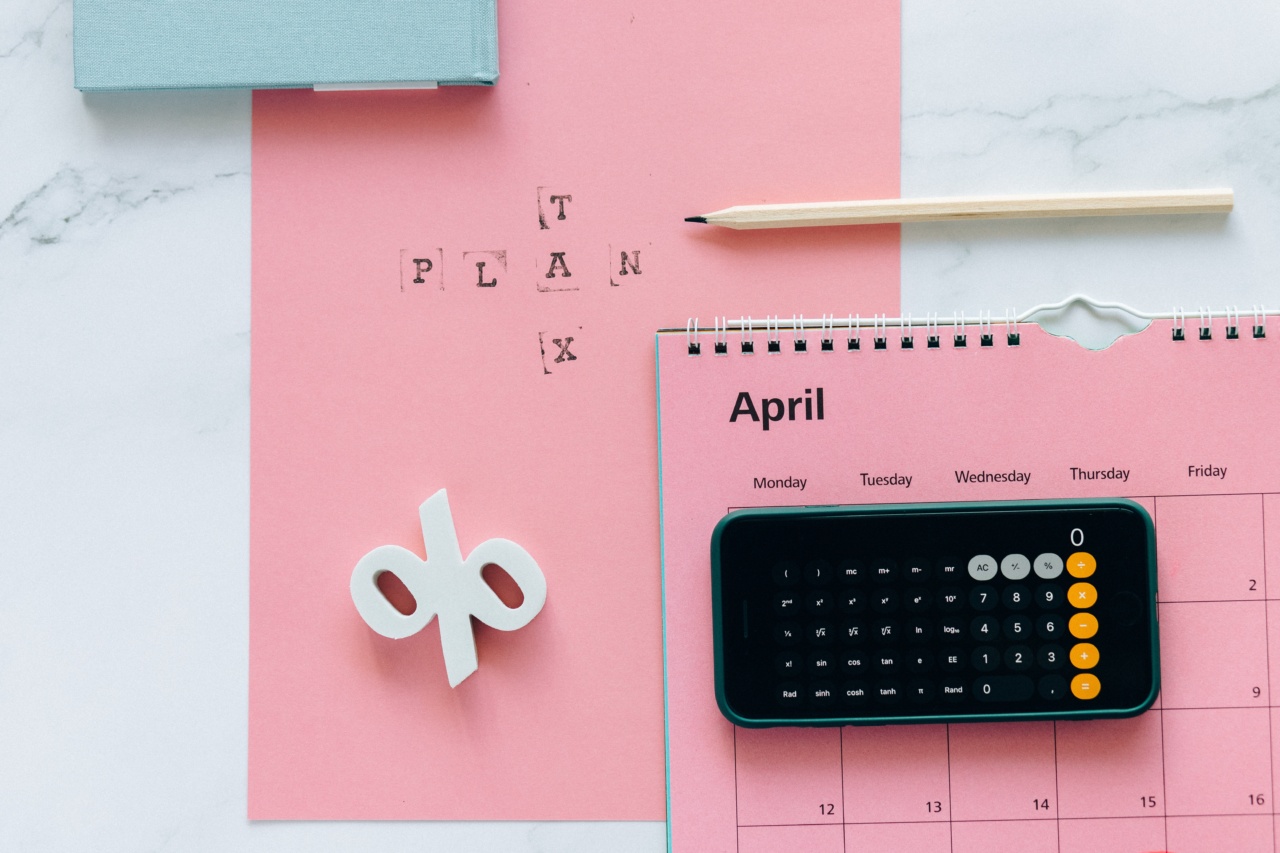For many people, the number on the scale is a key indicator of their weight loss progress. However, if you weigh yourself at different times of the day, you may notice fluctuations in your weight.
This can be confusing and demotivating if you’re not aware of the ideal time of day for weighing yourself. In this article, we will discuss the ideal time of day for weighing yourself to get the most accurate and meaningful results.
Why the Time of Day Matters
Our body weight can vary throughout the day due to a variety of factors, including food intake, hydration levels, and even the time of day. It’s important to weigh yourself at the same time each day to get consistent and accurate results.
This is because your weight can fluctuate by several pounds throughout the day depending on when and what you’ve eaten, how much water you’ve consumed, and even the type of clothing you’re wearing.
Early Morning
The ideal time of day for weighing yourself is first thing in the morning, after you’ve gone to the bathroom and before you’ve eaten or had anything to drink.
This is because your weight is at its lowest point in the morning, after you’ve had a chance to empty your bladder and bowels. Your body is also typically dehydrated in the morning, which can help to give a more accurate reading.
Why Not Weigh Yourself at Night?
Weighing yourself at night can be tempting, especially if you’ve been working hard to lose weight throughout the day. However, this is not the most accurate time of day to weigh yourself.
Your weight can vary significantly throughout the day, and by the time evening rolls around, you’ve likely consumed several meals and fluids that can affect your weight.
In addition, if you’ve been exercising or engaged in other physical activity throughout the day, your weight may be temporarily elevated due to increased muscle mass and water retention.
This means that you may not get an accurate reading of your actual weight, which can be discouraging if you’ve been working hard to achieve your weight loss goals.
Other Factors to Consider
While the time of day is an important factor in weighing yourself, there are other factors you should consider to get the most accurate reading. Here are a few tips:.
Wear the Same Clothing
To get an accurate reading, it’s important to wear the same type of clothing each time you weigh yourself. This is because the weight of your clothing can affect your overall weight, especially if you’re wearing heavy or bulky clothing.
Use the Same Scale
Not all scales are created equal, and different scales can give you different readings. To get consistent and accurate results, it’s important to use the same scale each time you weigh yourself.
Weigh Yourself Weekly
While it can be tempting to weigh yourself daily, this can be counterproductive and lead to unnecessary stress and anxiety. Instead, aim to weigh yourself once a week to get a more accurate picture of your weight loss progress over time.
Take Measurements
Measuring your body can be just as important as weighing yourself. This is because your weight can fluctuate throughout the day and week, but your measurements are more consistent.
Use a tape measure to track your waist, hips, and other body parts to get a more accurate picture of your progress.
Conclusion
The ideal time of day for weighing yourself is in the morning, before you’ve had anything to eat or drink. This will give you the most accurate and consistent results over time.
However, it’s important to consider other factors such as clothing, scale consistency, and taking measurements to get a complete picture of your weight loss progress.



























